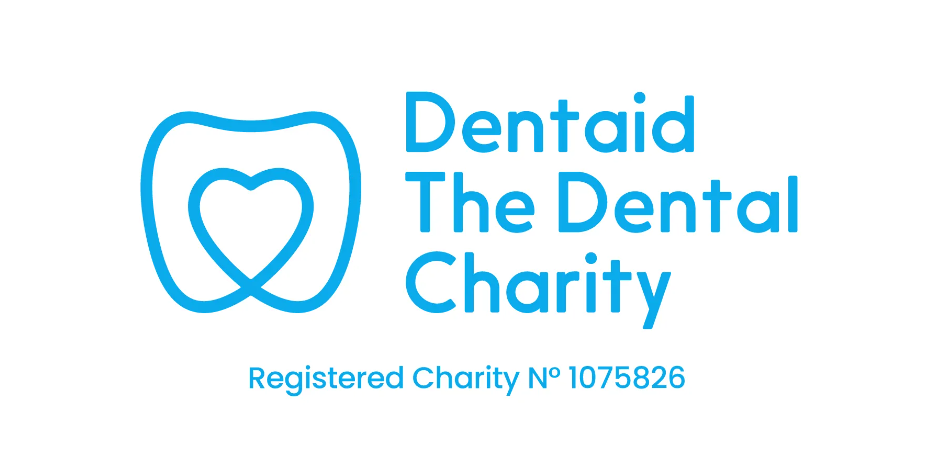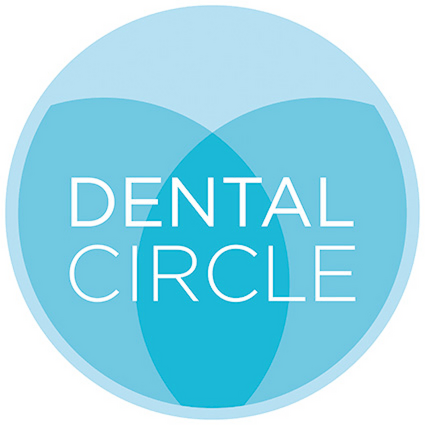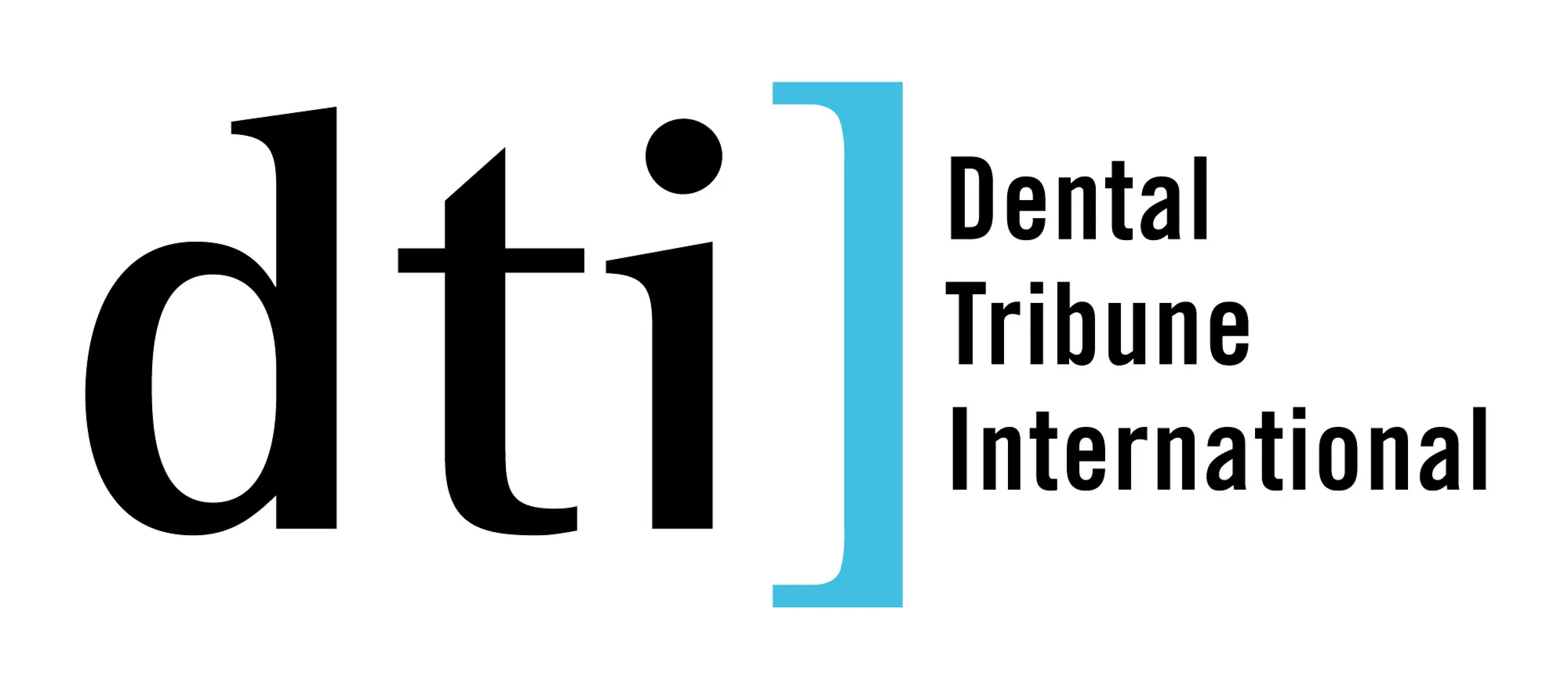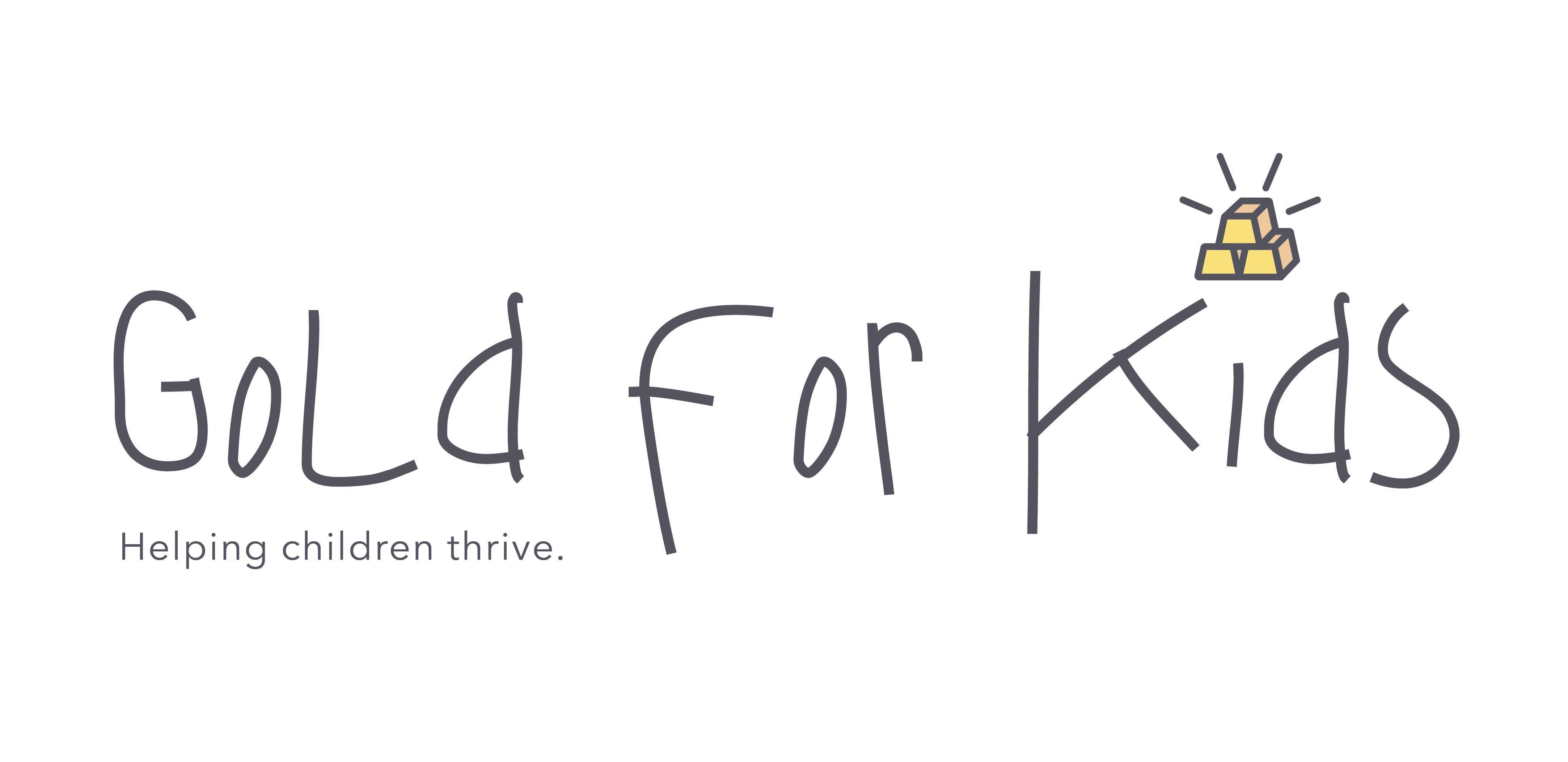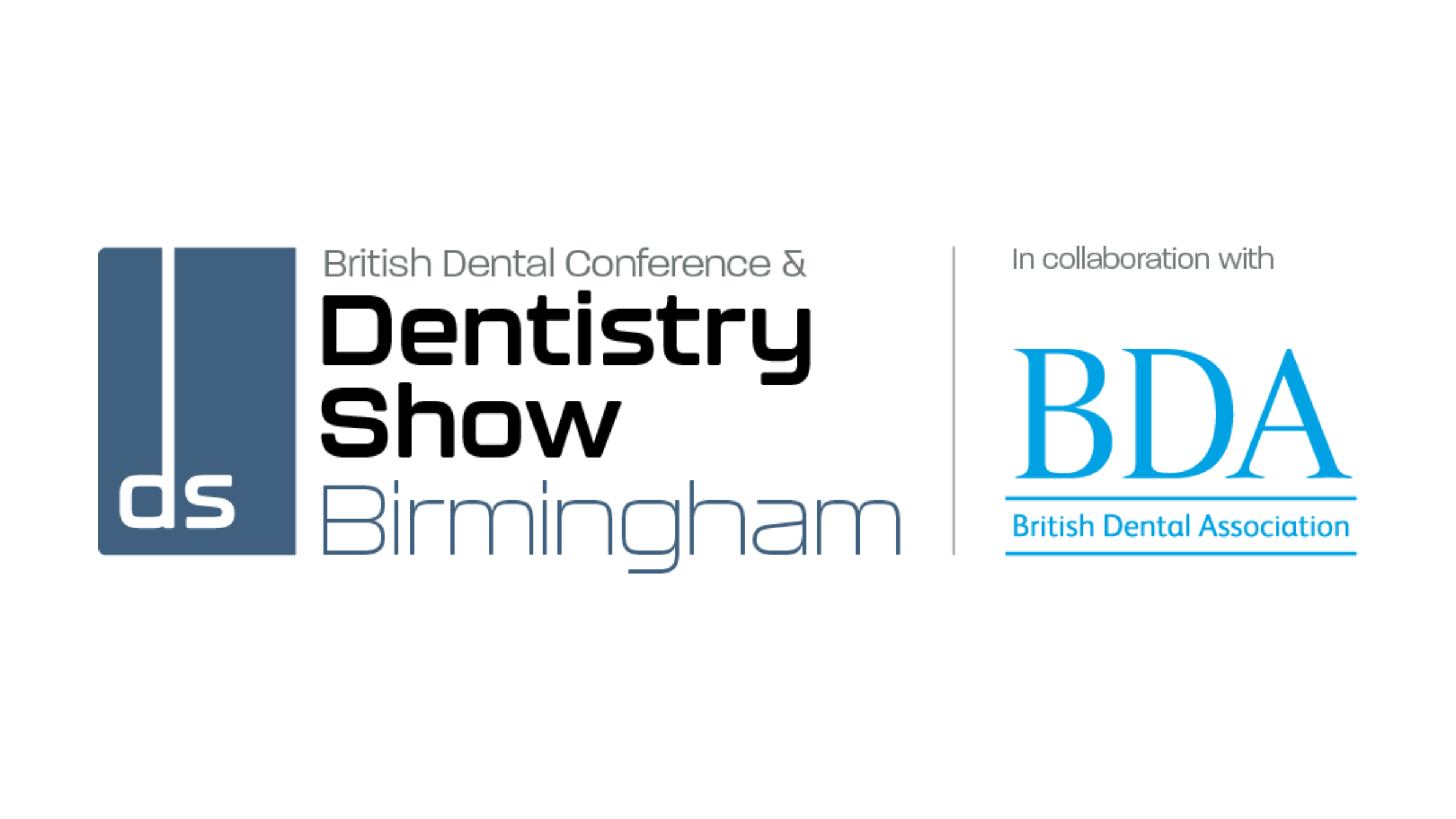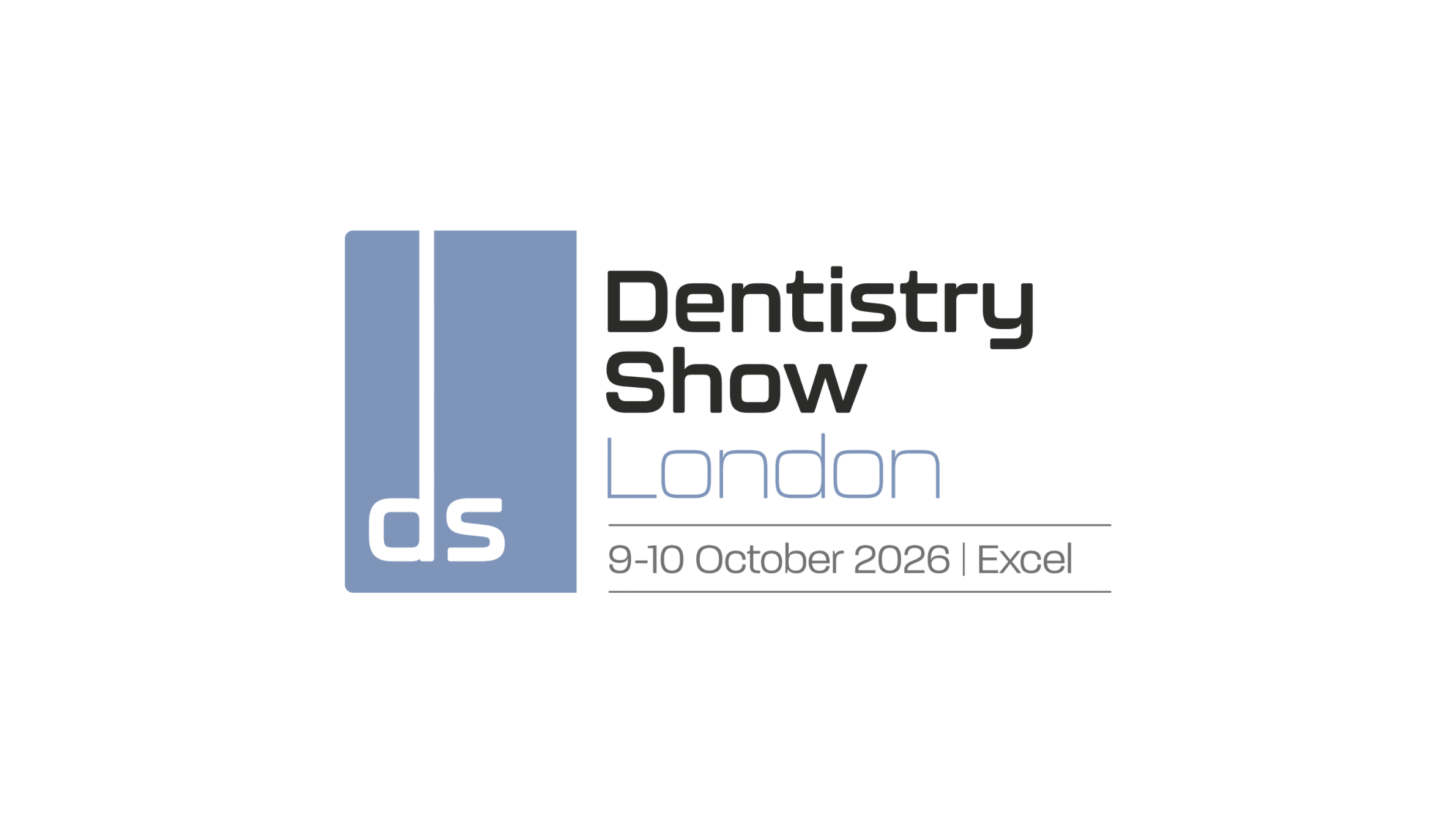Reconnecting with the Natural Rhythm of Dentistry
)
Some people reported not being able to sleep while others slept too much. At the time, mainstream media reported likely causes to be anxiety and possibly lack of exercise and social interaction. However, it could also have been that people’s circadian rhythms were disrupted.
What is a Circadian Rhythm?
Circadian rhythms are physical, behavioural, and mental changes that typically run in 24-hour cycles.[i] Most living organisms are affected by circadian rhythms including fruit flies, mice, plants, and fungi. Circadian rhythms are usually impacted by the changes in daylight and one that most people experience is sleeping at night and being awake during the day – a light related circadian rhythm.
Biological Clocks
Every living thing that is affected by circadian rhythms has a biological clock that regulates the circadian cycle and they’re made up of specific molecular proteins that interact with cells in the body.i As well as this, each tissue and organ contains its own biological clock that determines the circadian rhythm that it follows. There have also been similar genes found again in fruit flies, mice, plants, and fungi that show that the clocks are molecular components.
The brain has its own circadian rhythm known as the master clock which coordinates all the clocks within a living organism and keeps them in sync. Vertebrate animals (anything with a spine: humans, dogs, cats, large mammals, and fish) have a master clock that is made up of around 20,000 neurons.i These neurons form a structure called the suprachiasmatic nucleus (SCN) which resides in the hypothalamus part of the brain and receives direct input from the eyes. Period and Cryptochrome genes build up in the body throughout the night and lessen during the day. Studies in fruit flies suggest that these proteins influence feelings of sleepiness. These genes, however, are not the only factor that influences the aforementioned feeling; your brain’s SCN also receives light cues from the environment that impacts the circadian rhythm. Overall, this is how the body regulates itself.
Are Circadian Rhythms Related to Health?
Research has shown that circadian rhythms can affect the health of a person.i They can influence functions in the body that relate to general health: hormone release, eating habits and digestion, and body temperature are all functions that are impacted by the body’s cycles. Generally, however, it’s difficult to notice when these cycles are affected and most people notice changes to their sleep patterns in this context.
Circadian rhythms can, however, become disrupted and this can impact a person’s health. Factors that change someone’s natural cycles include mutations or changes in particular genes that regulate biological clocks, jet lag or shift work can impact the light-dark cycle, and light from electronic devices can confuse this too. These kinds of changes to a person’s circadian rhythm can cause sleep disorders and chronic health conditions such as obesity, diabetes, depression, bipolar disorder, and seasonal affective disorder (SAD).i SAD has become more widely discussed over the last decade as people in the UK seem to suffer in the darker months – the lack of light possibly affecting their circadian rhythm – with many people adopting a SAD light to try to combat symptoms of depression during the winter months.
The literature surrounding what affects circadian rhythms and how they relate to health is not extensive but research that has been carried out has linked disrupted natural cycles to conditions such as cardiovascular disease.[ii] As well as this, studies have identified circadian patterns linked to a broad range of cardiovascular events including angina, stent thrombosis, stroke and more. This indicates that a person’s circadian rhythm is important to maintain which can be achieved by ensuring good health, hygiene, and exercise. It’s no wonder the last two years have caused such internal chaos when people’s daily routines, exposure to light (too much or too little), and social interactions were disrupted.
Combating the Disruption
A lot of the natural rhythm of life is still somewhat unsettled and that includes how professionals network with each other. Events have started to get back up and running, albeit with extra safety measures in place and that’s why the British Dental Conference and Dentistry Show Birmingham 2022 is going to be a great way to reconnect with the community. You’ll be able to get back into the natural rhythm of the profession as you network with colleagues, learn from internationally renowned speakers, and take advantage of over 250 seminars and workshop sessions available.
In summary, the chaos of the last two years has disrupted the world immensely. However, most people have managed to get back in sync on a personal level while some parts of life are still catching up.
The next British Dental Conference and Dentistry Show Birmingham will be held on Friday 13th and Saturday 14th May 2022, Birmingham NEC, co-located with DTS.
For more information, visit birmingham.dentistryshow.co.uk, or email dentistry@closerstillmedia.com
[i] National Institute of General Medical Sciences. “Circadian Rhythms.” Www.nigms.nih.gov, National Institute of General Medical Sciences, 2020, www.nigms.nih.gov/education/fact-sheets/Pages/circadian-rhythms.aspx. Accessed 25 Nov. 2021.
[ii] Brainard, Jason, et al. “Health Implications of Disrupted Circadian Rhythms and the Potential for Daylight as Therapy.” Anesthesiology, vol. 122, no. 5, May 2015, pp. 1170–1175, www.ncbi.nlm.nih.gov/pmc/articles/PMC4632990/, 10.1097/aln.0000000000000596. Accessed 26 Nov. 2021.


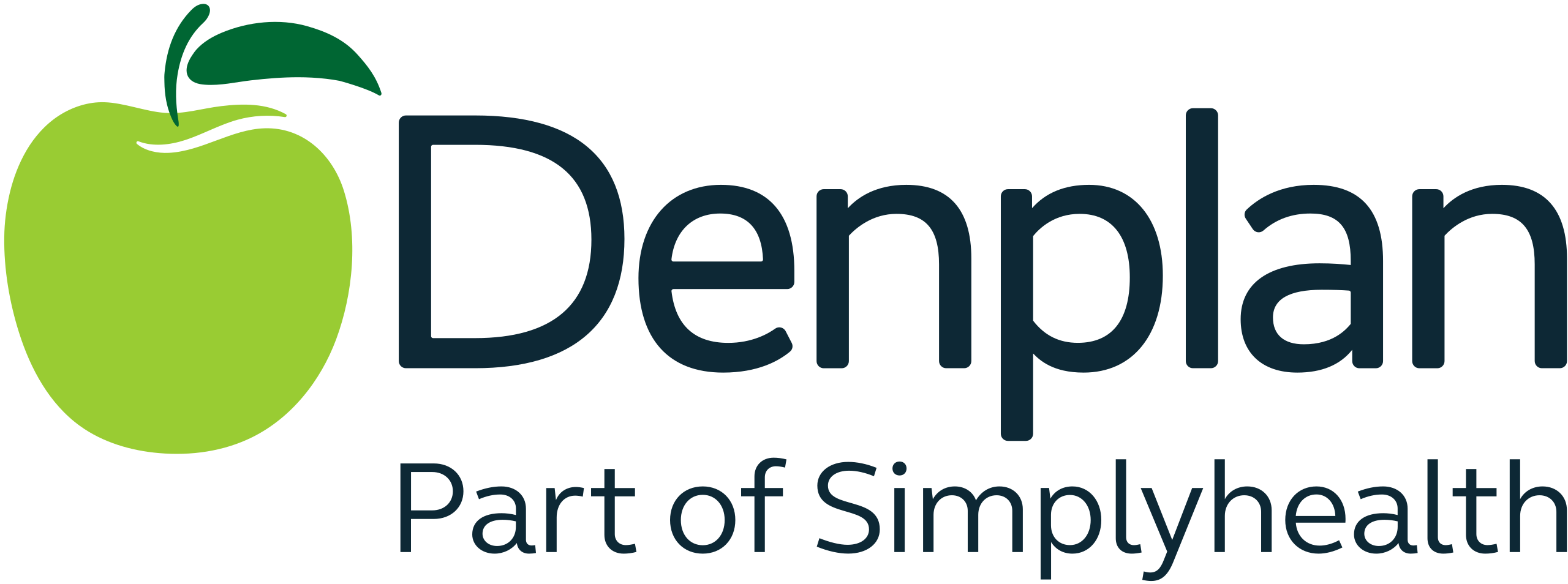




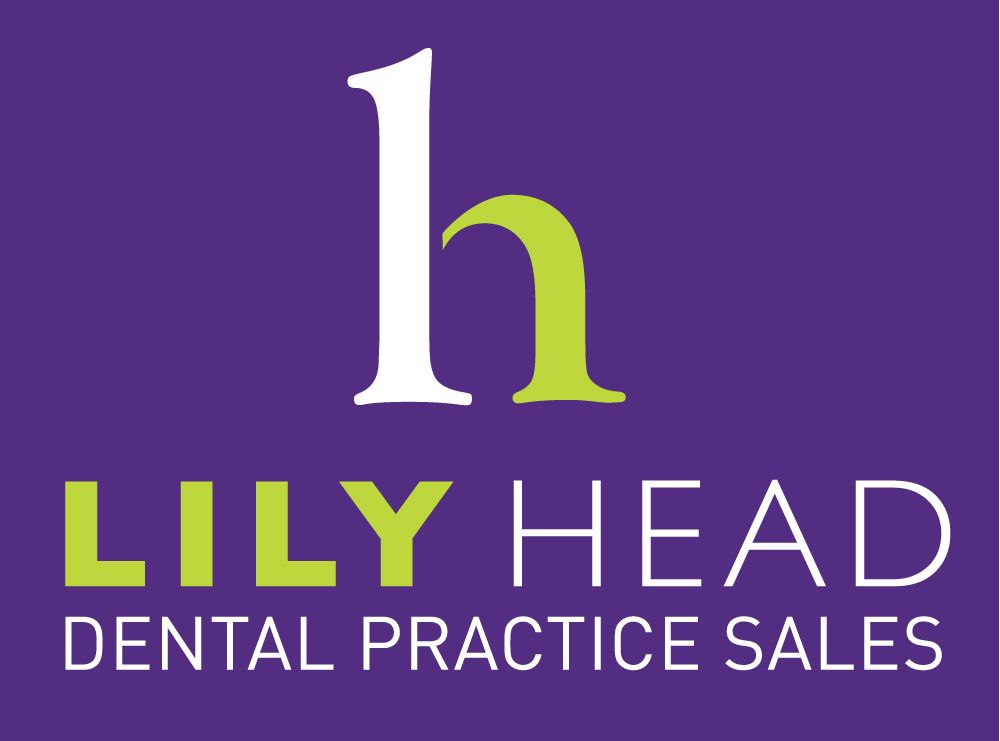







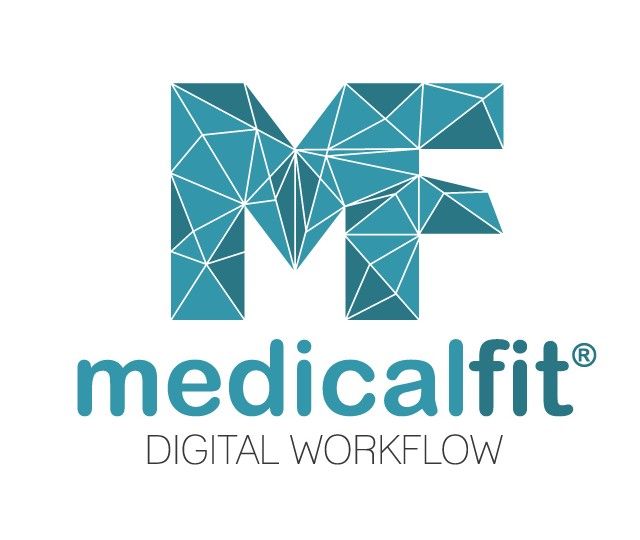


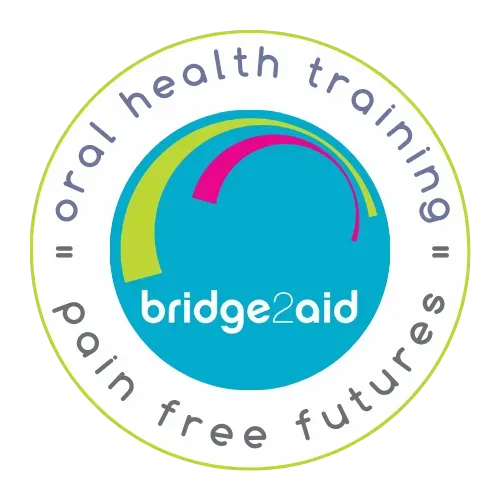
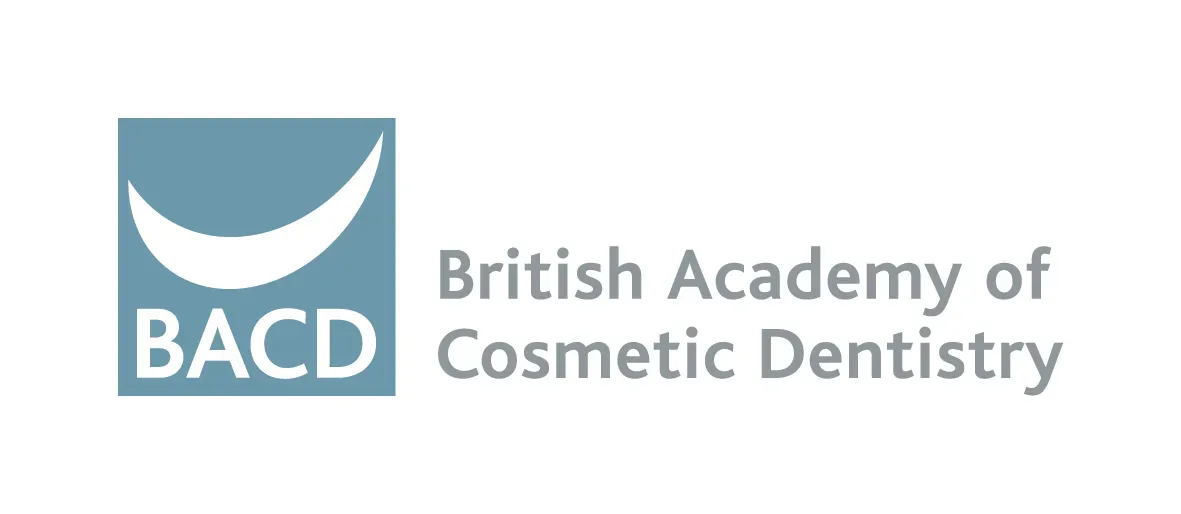
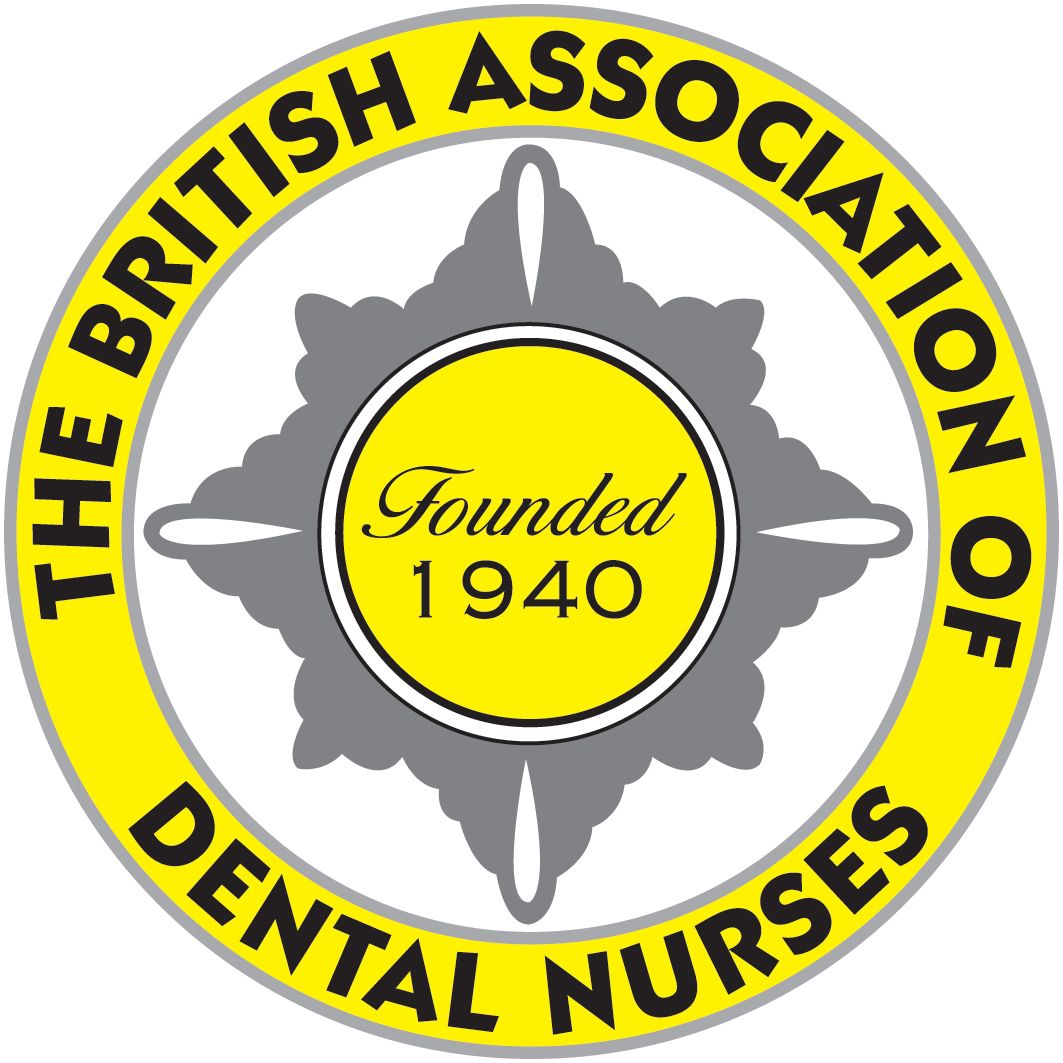
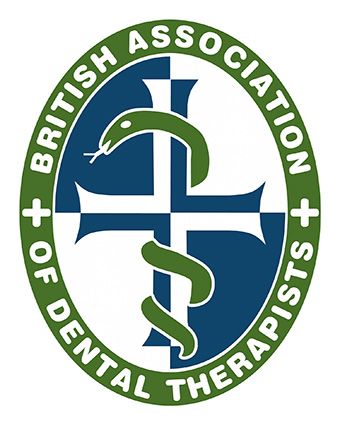
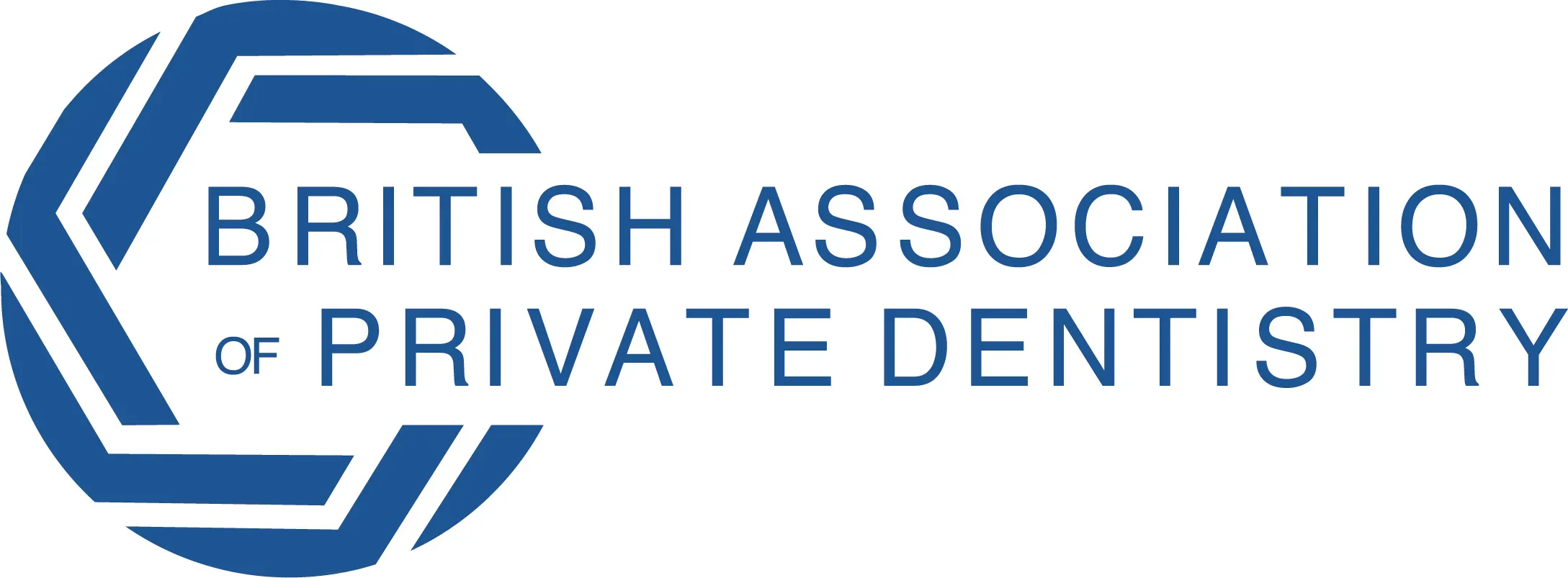
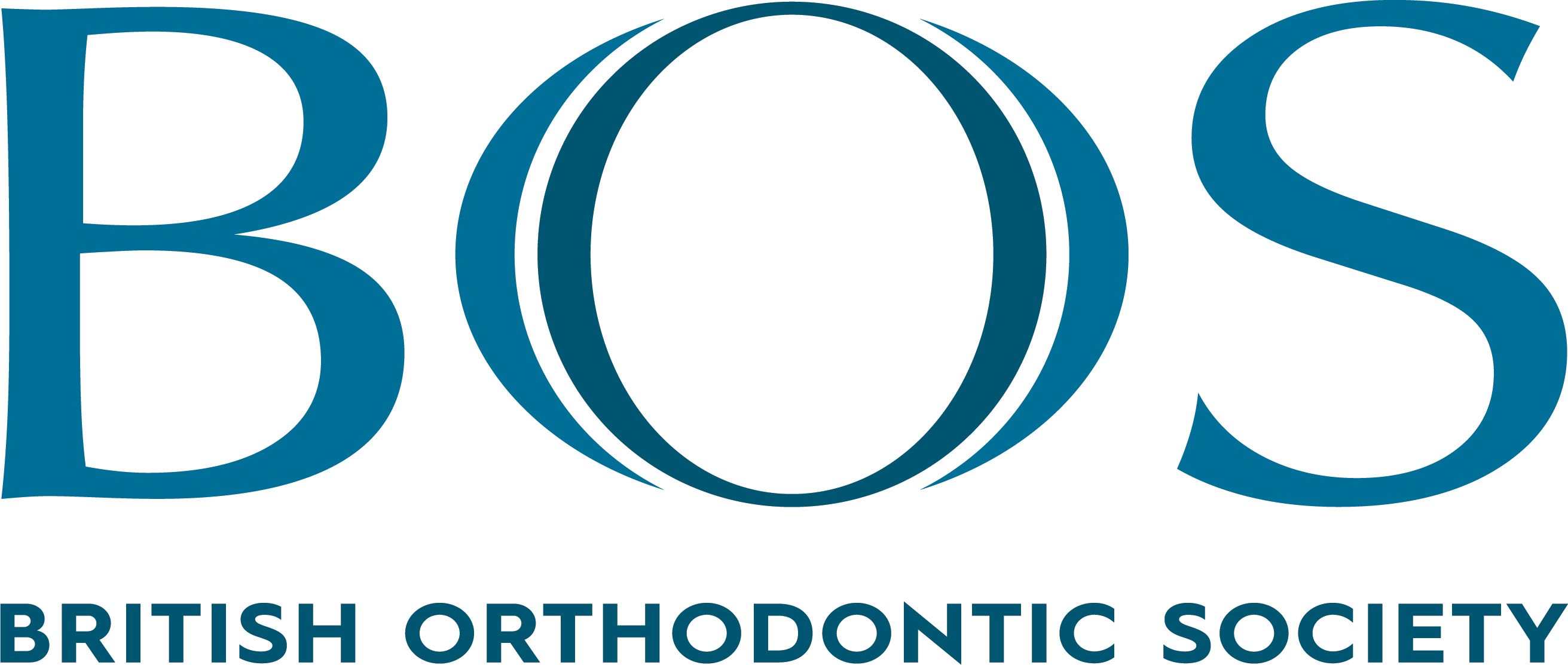
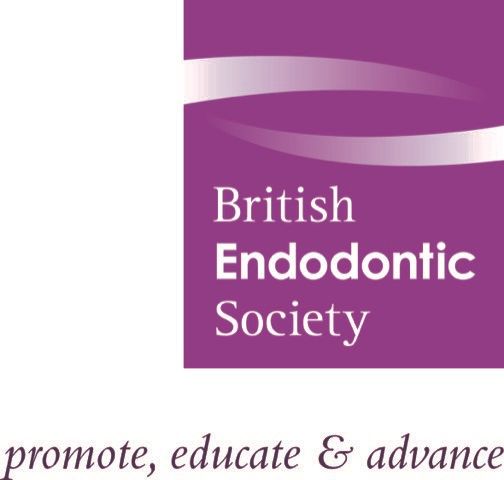
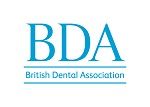


.png)
